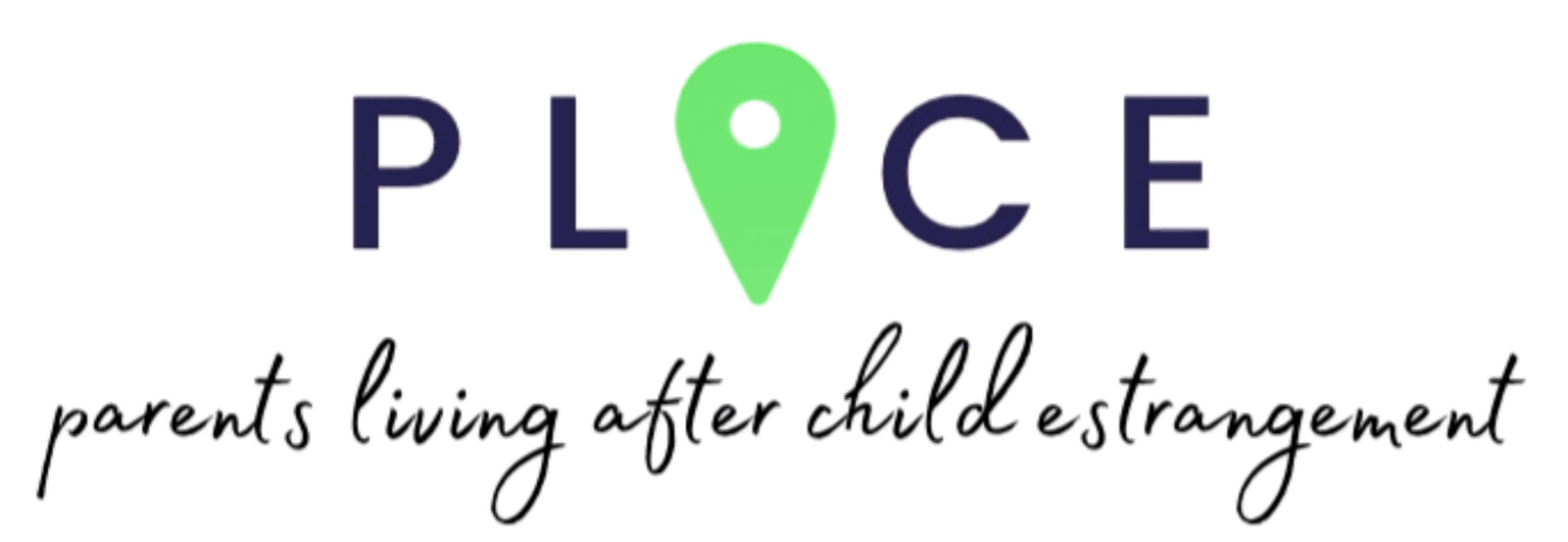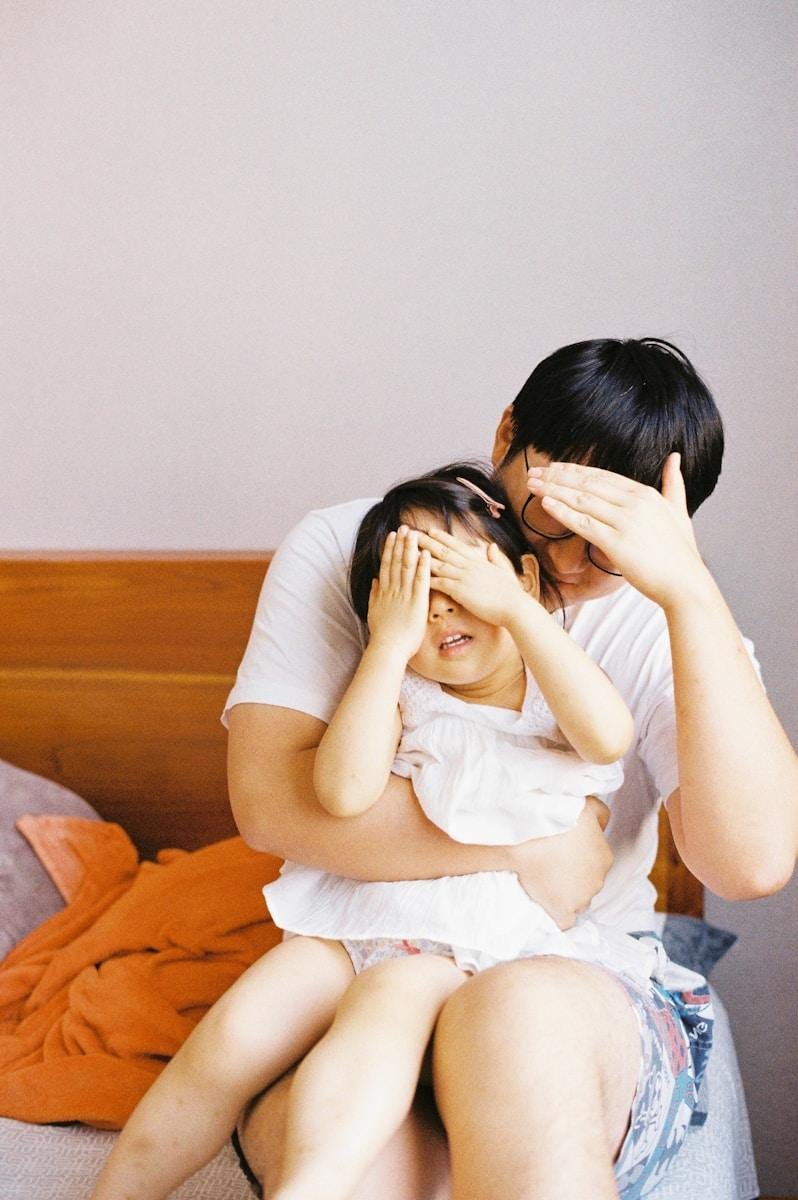By Brian Briscoe, LPC, LMFT
Founder of PLACE – Parents Living After Child Estrangement
As a parent, you probably know your child better than anyone—yet sometimes, the distance creeps in so subtly that you can’t quite name it. Maybe their calls have slowed. Maybe their tone has changed. Or maybe your gut is whispering something your heart doesn’t want to hear.
If you’ve found yourself asking,
“Is my adult child pulling away from me?”
You’re not alone.
At PLACE, I work with parents who are navigating the earliest signs of estrangement. And while not every instance of withdrawal turns into full-blown estrangement, early awareness can be a powerful tool for preserving connection.
Let’s explore the common signs your adult child may be distancing—and more importantly, how to respond with compassion and intention.
1. Communication Becomes Infrequent or Surface-Level
They used to call on the way to work.
Now, it’s once a month—and only to respond to your messages.
Conversations feel rushed, impersonal, or overly “polite.”
This is often the first sign of emotional distancing. While life gets busy, a consistent shift in frequency or tone can reflect emotional withdrawal or avoidance.
Ask Yourself: Are our conversations meaningful, or just going through the motions?
2. They Take Longer to Reply—or Don’t Reply At All
Texts are left on read.
Calls go unanswered.
They “like” your social media post but don’t respond to your message.
It might not be intentional cruelty—it could be avoidance, overwhelm, or emotional discomfort. But either way, it’s a form of silent communication.
Ambiguous loss often begins here—when your child is physically present in the world but emotionally unreachable.
3. Invitations Are Declined or Avoided
You invite them to a birthday dinner, a holiday, or even just lunch—and they decline without offering another date. Or they say “maybe,” but never follow up.
While occasional declines are normal, a pattern of avoidance may signal something deeper.
Pro tip: Resist the urge to guilt or pressure. Focus instead on creating low-stakes opportunities for connection.
4. Conversations Feel Tense or Guarded
You feel like you’re walking on eggshells.
They answer questions with one-word responses.
They avoid eye contact or seem uncomfortable around you.
This kind of guardedness may reflect unspoken resentment, unresolved conflict, or anxiety about potential confrontation.
Motivational Interviewing techniques can help reduce tension by promoting collaborative, non-defensive dialogue.
5. They Set New Boundaries—Suddenly
“We don’t talk about politics.”
“Please don’t bring up my relationship.”
“I don’t want you showing up unannounced.”
Boundaries are healthy, but when they appear suddenly—or feel unusually firm—they may signal a shift in emotional safety. Your adult child might be trying to create psychological distance to protect themselves from past hurt or current discomfort.
At PLACE, we focus on understanding boundary dynamics without taking them personally. Check out our article on types of boundaries.
6. They Confide in Others—but Not You
You hear updates about your child’s life through a sibling, friend, or their social media—not from them directly.
This kind of emotional distancing is painful. It often indicates a loss of trust, even if the child hasn’t clearly stated why.
This can feel like betrayal—but often, it’s about emotional safety, not punishment. Be curious, not accusatory.
7. They Seem Irritated or Critical
Everything you say feels “wrong.”
They snap at small comments.
They accuse you of things that don’t reflect your intention.
Sometimes, unprocessed emotions (grief, anger, disappointment) show up as irritability or hypersensitivity. Your adult child may be carrying hurt that hasn’t been expressed.
Narrative therapy helps both sides reframe the past with more understanding and less blame.
8. They Don’t Share Life Updates With You
You find out about big events—engagements, moves, job changes—after they happen.
While this may be unintentional, it often signals that your child no longer sees you as someone safe or central in their support system.
Instead of pushing for information, try saying: “I care about what’s going on in your life. I’d love to be part of it if you’re open to sharing.”
9. Holidays and Milestones Are No Longer Shared
They spend holidays elsewhere, avoid birthdays, or skip family traditions.
When these patterns become consistent, it may reflect a deeper withdrawal from the emotional and symbolic ties of family.
Family estrangement often begins with skipped rituals before it becomes formalized separation.
10. There’s a Feeling You Can’t Explain
Sometimes the signs aren’t visible. They’re felt.
You sense something is “off.” You feel sadness or unease after talking to them. Your instincts are whispering:
“Something’s changed.”
You don’t need evidence to trust that feeling. That inner awareness is valid—and it might be the first clue that a deeper conversation is needed.
What NOT to Do When You Notice Distancing
When fear and confusion set in, it’s easy to default to behaviors that unintentionally push your child further away. Here’s what to avoid:
- Don’t interrogate. (“Why haven’t you texted back?”)
- Don’t guilt. (“After all I’ve done for you…”)
- Don’t minimize. (“You’re overreacting.”)
- Don’t rush reconciliation. (This is a marathon, not a sprint.)
Instead, prioritize listening, respecting boundaries, and seeking support—for yourself, not just the relationship.
How to Respond With Grace and Grounding
Here’s what I often recommend at PLACE when a parent notices distancing:
1. Pause & Reflect
Before acting, reflect on recent conversations, your own emotional triggers, and the tone of your interactions.
2. Use Gentle Curiosity
“Hey, I’ve noticed we haven’t been connecting much lately. Is there anything on your mind you’d like to share?”
This is not a demand for answers—it’s an invitation for dialogue.
3. Name Your Intention
Let your child know your goal is not control, but connection.
“I care about you. I want to understand, not pressure.”
4. Take Ownership Where Needed
If you’ve made mistakes, acknowledge them clearly and briefly—without defensiveness or over-explaining.
5. Seek Support
Estrangement wounds run deep. You don’t have to go through this alone.
Consider:
- Private therapy
- Support groups for estranged parents
- One-on-one coaching to process your experience and prepare for honest conversations
You Can Respond Without Reacting
If your adult child is pulling away, it doesn’t mean all is lost.
But it does mean something has shifted.
And how you respond to that shift matters deeply.
The truth is, you can’t control your child’s choices.
But you can control your response.
You can ground yourself in clarity.
You can become the safe space they might someday return to.
And you can get the support you need—whether reconciliation happens or not.
At PLACE, you’re not just a parent trying to fix something.
You’re a person worthy of healing, connection, and peace.



